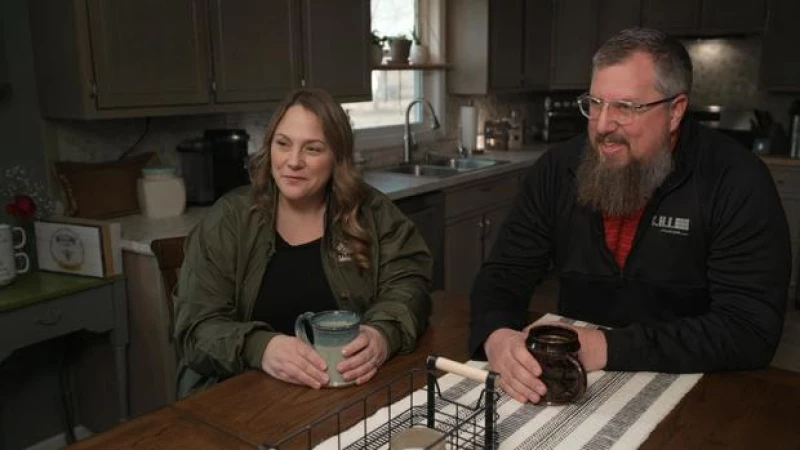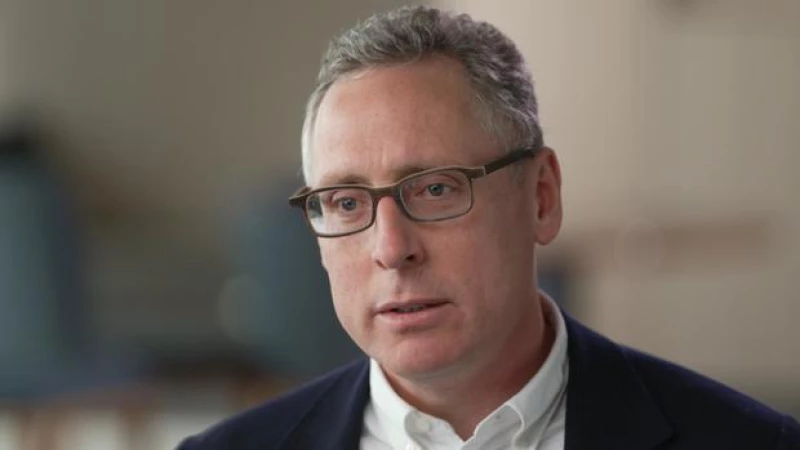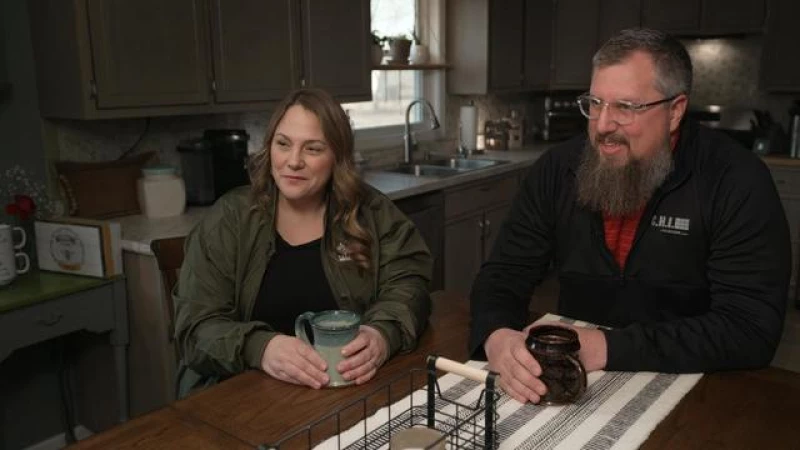KKR Buys Potter Global Technologies, Employees to Receive Ownership Stake
Following the acquisition of Potter Global Technologies, a leading manufacturer of fire protection equipment based in St. Louis, by private equity firm KKR, employees were pleasantly surprised to learn that they would be granted an ownership stake in the company.
The primary objective behind KKR's purchase of Potter Global Technologies is to eventually sell the company at a profit in approximately five years. In the event of a successful sale, employees are set to receive payouts based on their length of service in addition to their regular salaries. Previous instances of such sales have proven to be transformative for the employees involved.
"We've been putting in the effort, and now we're going to reap the rewards," expressed Debi Brumit, an optimistic employee at Potter.
Employee ownership comes to Illinois.
While employee ownership is just getting underway at Potter Global Technologies, it came to C.H.I. Overhead Doors in the small town of Arthur, Illinois years ago. C.H.I. was founded by a local Amish carpenter in the 80s, and in 2015, purchased by private equity titan KKR for $700 million. Workers weren't sure how to react to the news. Brad Edwards, a 19-year C.H.I. veteran, recalled rumors going around the factory floor: "Like, 'Oh, this is big New York private equity, they're gonna skin this down to the bare bones until they can squeeze a few bucks off of us. And whenever they leave, there's going to be nothing left.'"
Today, roughly 12 million Americans are employed by companies owned by private equity. Firms like KKR, which specialize in buying businesses with the goal of improving performance and value, before ultimately reselling for a profit. But this practice often involves cuts and layoffs. It's estimated that half a million jobs have been lost to private equity cutbacks in recent years.
Layoffs would have devastated Brad Edwards' family. They were buried under credit card debt with no savings—both Brad and his wife, Crystal, had to take second jobs to support themselves and their three daughters.
But when KKR executive Pete Stavros came to Arthur to speak to employees after the sale, he brought unexpected news. Far from the steep cutbacks the workers feared, C.H.I would be growing, and the entire workforce would now be part-owners in the business.
Advancing the employee ownership model
Stavros's passion for employee ownership can be traced back to his humble beginnings outside Chicago, where his father worked for a construction company paving roads.
Growing up, Stavros learned about the challenges faced by hourly workers from his father's experiences. He recalls his father's frustration with the lack of incentives for workers, emphasizing the need to "work steady" to maintain consistent hours and pay.
In 2011, Stavros introduced the concept of employee ownership at KKR for the first time. Since then, his firm has successfully implemented this model in 47 companies and continues to expand its reach.

The core idea behind employee ownership, according to Stavros, is to provide workers with a financial stake in the company in addition to their regular salary. This ownership also grants them a say in the daily operations of the business. By having a vested interest in the company's success, employees are motivated to work more efficiently and effectively.
"Ownership is not just a concept; it's a mindset," Stavros explained. "The goal is to make employees feel a sense of ownership over their work and the products they create. This sense of responsibility leads to higher quality output, increased productivity, and a focus on customer satisfaction."
While it's common today for executives to be compensated with shares, fewer than a quarter of private sector employees own a stake in their company. This as wages and wealth for the rank-and-file have stagnated.
Stavros views this situation as bad, not just for society, but also for balance sheets.
"[Employee ownership] is the right thing to do that also happens to be good business," Stavros said.
But Stavros is quick to stress that any payout depends on how the company performs, and whether KKR sells at significant profit.
"It's risk. Now, there's no downside because workers are not investing out of their own pocket," Stavros said. "But there's definitely no guarantee. We need, we always say, we need to perform for this to work."
KKR sells C.H.I., workers benefit
In 2022, KKR sold C.H.I. Overhead Doors for a ten-fold return. Employees were summoned to the factory floor for the payout announcement. They knew they stood to gain, but not precisely how much.

Stavros started with employees who'd just joined the company. Their payout: $20,000. The numbers went up from there, according to how long employees had been at CHI. Brad Edwards wouldn't reveal exactly how much he made, but said the check was in the mid-six figures. It was life-changing for the family.
"Our kids don't have to worry about us being stressed out about money," Crystal Edwards said. "We're not working night shifts."
The windfall for C.H.I. employees rippled across Arthur, Illinois as employees had money to spend in, and on, the community. The Edwards family donated to their church, paid off their credit card debt and started a college fund for their kids.
Criticisms of KKR's employee ownership model
Stavros has his critics, who view his efforts with deep skepticism, given the cutthroat industry he's in. 60 Minutes correspondent Jon Wertheim put some of the criticisms to Stavros: '"It's green washing. It's white washing. It's mostly public relations. It's a watering down of the real employee ownership.' What do you say to detractors like that?"
"I just think there's too much substance for someone to shrug it off and say, 'Ah. That's just— that's fake," Stavros responded.
But Stavros concedes that when one of his companies does sell, top executives stand to make orders of magnitude more than rank-and-file workers.
"I think that's one of the things that I struggle with about employee ownership, in general," Stavros said. "It's giving people a chance to get a leg up, but it is not going to solve the wealth inequality problem that we have."
Despite his busy schedule, Stavros has been traveling across the nation spreading his message of employee ownership. He established a non-profit organization named Ownership Works, which educates executives on how to adopt this model. Additionally, he has been holding meetings with lawmakers in Washington, D.C., advocating for modifications to the tax laws to encourage employee ownership.
"This concept has gained tremendous support from liberal progressives, MAGA Republicans, and individuals across the political spectrum," he remarked.







